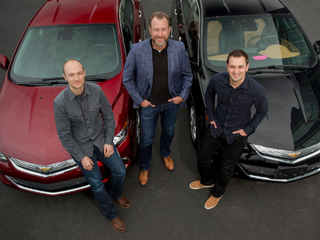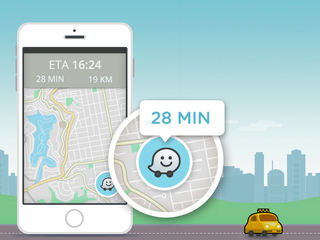
Lyft settles with drivers, still independent contractors
While Uber looks forward to its court date, Lyft only pays a small penalty to settle with drivers
 Lyft is on a roll.
Lyft is on a roll.
Almost a month after confirming its $1 billion round led by General Motors (GM) and a day after announcing its integration with Waze, Lyft has now agreed to a settlement with drivers who had been challenging their employment status.
Under the terms of the settlement, drivers will continue to be classified as independent contractors, not full-time employees eligible for compensation and other benefits. This is precisely the outcome Lyft was seeking as it assures the company of one of the most central tenets of its business strategy.
“We are pleased to have resolved this matter on terms that preserve the flexibility of drivers to control when, where and for how long they drive on the platform and enable consumers to continue benefiting from safe, affordable transportation,” said Kristin Sverchek, Lyft’s general counsel.
The major win for Lyft drivers is mainly in a clarification of the rules governing deactivation. Previously, Lyft could deactivate drivers for any reason. As agreed upon in the new settlement, drivers can only be deactivated for explicit reasons (like a low passenger rating) and they must be notified in advance if they're at risk of deactivation.
Additionally, Lyft will pay more than $12 million in damages to Lyft drivers in California.
In spite of the fact that Lyft drivers have given up their chances of receiving benefits reserved for full-time employees (including minimum wage, reimbursement for expenses, and overtime), the settlement “provide substantial benefits to drivers and distribute reimbursement for some of the expenses they have incurred while driving for Lyft,” according to Shannon Liss-Riordan, the lawyer representing drivers in the suit.
Liss-Riordan is well-versed on the subject, as she continues to represent drivers in a similar class-action suit brought against Uber. That suit is nearly identical, with drivers arguing that they should be classified as employees instead of independent contractors.
Uber, like Lyft, has repeatedly defended the way it classifies drivers (as contractors) and argues that doing so defends what drivers want most of all: work schedule flexibility. Of course, the system is also a core pillar of the businesses at both Uber and Lyft.
Because Uber cannot settle its dispute in private arbitration, as Lyft did, the company will be facing its drivers (represented by Liss-Riordan) in court, beginning June 20.
Beyond this legal victory, Lyft has built other positive momentum this month, led by a $1 billion round of funding and new partnership with GM announced at the end of 2015. Also, this week the company announced that it was a launch partner for Waze’s new developer kit, beating Uber to the punch. Uber has not yet revealed whether it plans to integrate with Waze.
Related Companies, Investors, and Entrepreneurs
Lyft
Startup/Business
Joined Vator on
Lyft is a peer-to-peer transportation platform that connects passengers who need rides with drivers willing to provide rides using their own personal vehicles.
Related News


Are Uber drivers employees or independent contractors?

